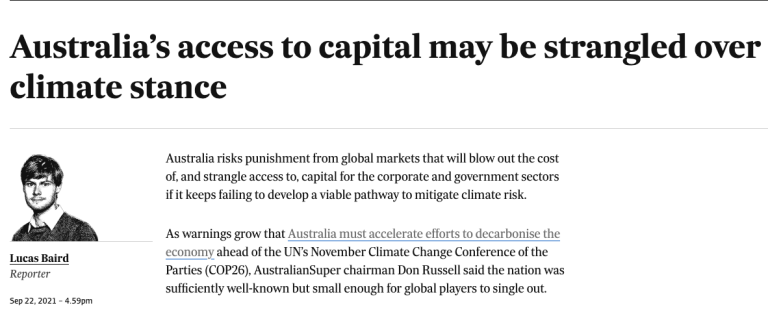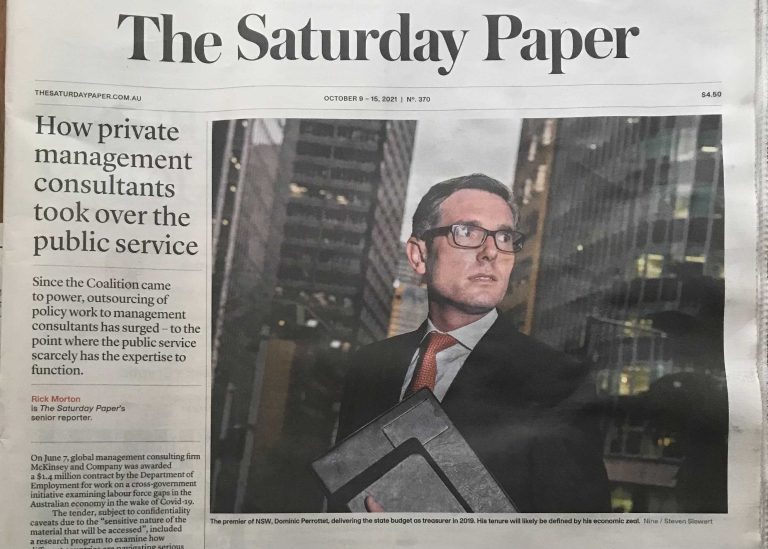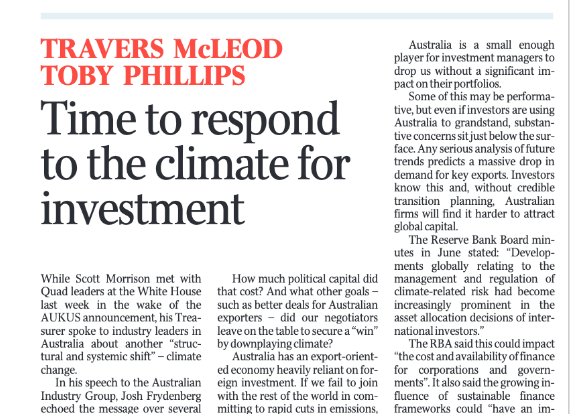Ben Eltham undertakes a survey of a vexing and divisive policy problem: the Murray Darling Basin.
“If you want a textbook case of how not manage a river basin, the Murray-Darling Basin is probably it…”
Spanning two states, the Murray-Darling river system has a long history of poor management and exploitation. As the life-source of many rural towns, changes to water allocations and basin management plans are always political and controversial. Most recently, the Labor Government has begun to down play advise from the scientists like the Wentworth Group, CSIRO and the Goyder Institute for Water Research, that a minimum of 4,000 gigalitres needs to be returned to the environment. Pre-industrial waterflows are estimated to have been around 12,200 gigalitres, but are now at 4,700 gigalitres. Strong reactions by local communities have led the Government to reach a compromise of between 1,000 and 2,700 gigalitres, far less than the estimated amount required to return the river system to health.
CPD’s Ben Eltham writes:
“The environment is not a human actor with which a sensible compromise can be reached. Water is simply water, and if there isn’t enough of it, rivers will dry up and wetlands will die. Some aspects of environmental policy are truly a zero-sum game, in which gains for the environment can only be won at the expense of irrigators’ livelihoods and the economic well-being of inland towns.
But if the problems of water over-allocation aren’t fixed, many of those towns will die anyway. Indeed, the current system is so broken that it amounts to a massive cross-subsidy from a sick and dying lower Murray, to the environmentally unsustainable agriculture further up the system.
The tragedy of the current approach is that we will end up with the worst of all worlds: after spending $9 billion, we still won’t return the Murray-Darling to health, or move to a sustainable system of inland agriculture. That’s not a “fix” at all: it’s a policy failure.”
Read the entire article from ABC’s The Drum here
Change can happen faster than you think – help us seize the moment and point to the alternatives. Add your voice to ours!




